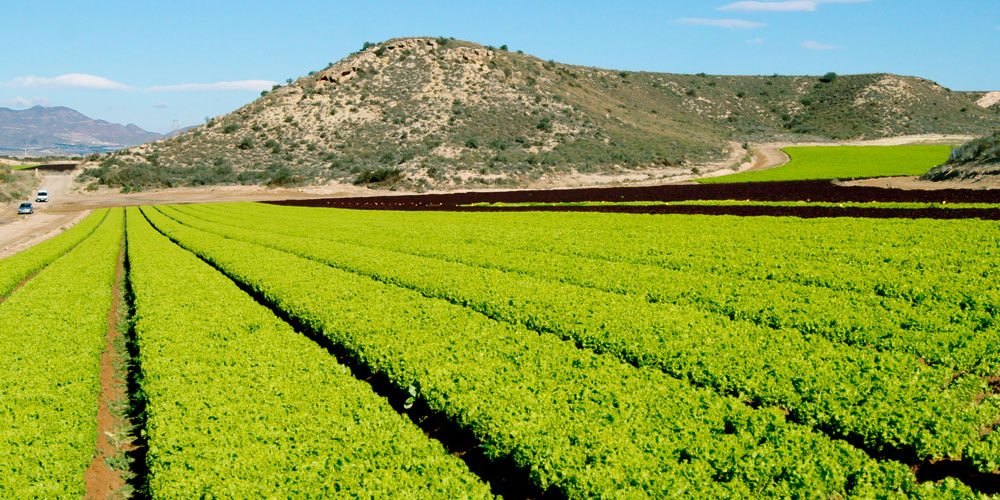The Glycine betaine improves plant response to water stress and extreme temperatures.
The climatic conditions have varied notably during these last decades. More growing areas are also dedicated with climates where these temperature and humidity conditions reach critical point values for many crops. Maintaining high-yielding crops, whether under greenhouse or outdoors, is a challenge for many farmers.
Glybet, is a special formulation of JISA Advanced Agro, with biostimulant effect that protects crops against water and thermal stress. The response of crops, treated with Glybet, improves when they faced adverse conditions, increasing their productive yield.
Glybet is a concentrate of Glycine betaine and other plant extracts that promote better absorption of the treatment. The Glycine betaine acts as osmoprotector, regulating the water exchange cells, improving the resistance of plants to stress caused by drought, extreme temperatures or salinity. It also increases the capacity of the crop to carry out photosynthesis, leading to an efficient intake of nutrients and increased production and quality.
Glycine betaine
The Glycine betaine is chemically speaking a quaternary amine. It is a non-ionic compound that plants synthesize as an adaptive response to situations of water deficit, producing an osmoprotective effect at cellular level.
Glybet: Maximum efficiency
 The special formulation of Glybet improves the effectiveness of the osmoprotective effect of the treatments, due to the vegetable extracts that favour the penetration in the plant.
The special formulation of Glybet improves the effectiveness of the osmoprotective effect of the treatments, due to the vegetable extracts that favour the penetration in the plant.
Its application can be carried out by foliar application and by soil application through irrigation water, at any time and for all types of crops.
Its use is recommended on a regular basis throughout the growing cycle.
Its contribution at the beginning stage of the crop improves the rooting, the applications in pre-flowering and flowering favours the fruit setting and those carried out at the time of fattening improve their quality and flavour.
Glybet in high-yield crops
Glybet is indicated in all those crops in which it’s intended to get the most out of your investment: Fruit vegetables (tomato, pepper, aubergine, etc.), industrial tomato, leafy vegetables (lettuce, cabbage, broccoli, etc.), stone and pome fruit trees, citrus fruits, strawberries, vine, olive, banana, cereals, potato, and tropical crops for example.
Its application dose is usually from 200 cc/hl or 3 l/ha, and the number of applications will depend on the type of crop, its physiological state and environmental factors.
You can always consult for more precise information with JISA Advanced Agro technician team.
